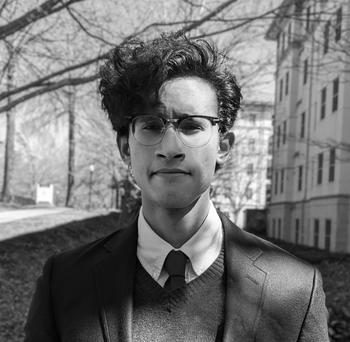UT Austin prof says Critical Race Theory is ‘much needed’ in schools
Kevin Cokley wrote an article for 'USA Today' defending CRT and criticizing Texas state legislation banning it in schools.
The legislation requires students to learn '“the history of white supremacy, including but not limited to the institution of slavery, the eugenics movement, and the Ku Klux Klan, and the ways in which it is morally wrong.'
A professor at University of Texas at Austin wrote that a bill recently passed by the state legislature prohibiting the teaching of Critical Race Theory amounts to a ban on American history.
Writing in USA Today, Kevin Cokley argued in favor of Critical Race Theory, and against Texas’ move to prohibit it in public schools. Cokley argues that the “ultimate goal of anti-CRT efforts is to prevent any discussion about racism that presents America as less than perfect.”
But contained in the text of Texas House Bill 3979, which goes into effect on September 1, is a requirement that students are taught about “the history of white supremacy, including but not limited to the institution of slavery, the eugenics movement, and the Ku Klux Klan, and the ways in which it is morally wrong.”
[RELATED: New Hampshire universities defend their ability to teach Critical Race Theory]
Cokley argues throughout his piece that the banning of Critical Race Theory in particular will inhibit the ability of students to engage in “much needed’ discourse “about race and systemic racism in this country.”
He defines Critical Race Theory as an academic concept “which posits that racism is not simply acts of individual bias or prejudice, but rather is embedded in institutions, policies and legal systems.”
Cokley states that “critics of critical race theory use it as an umbrella term to describe any examination of systemic racism”, though this doesn’t appear to be true of the Texas CRT bill.
[RELATED:California draws from Critical Race Theory profs for K-12 ‘ethnic studies’ curriculum]
“Critical race theory is not hostile, divisive or anti-American,” Cokely writes. “This characterization is a politicized misrepresentation of the theory that prevents and penalizes any discussion of the idea that systemic racism is, unfortunately, still very much present in American society.”
Cokley’s academic work focuses on African American psychology, particularly as it relates to environmental and psychological impacts on academic achievement. Through his work, Cokely seeks to “challenge the notion that African American students are anti-intellectual, and to critically re-examine the impact of racial and ethnic identity and gender on academic achievement.”
Campus Reform reached out to Cokley for comment regarding his statements on Critical Race Theory; this article will be updated accordingly.

